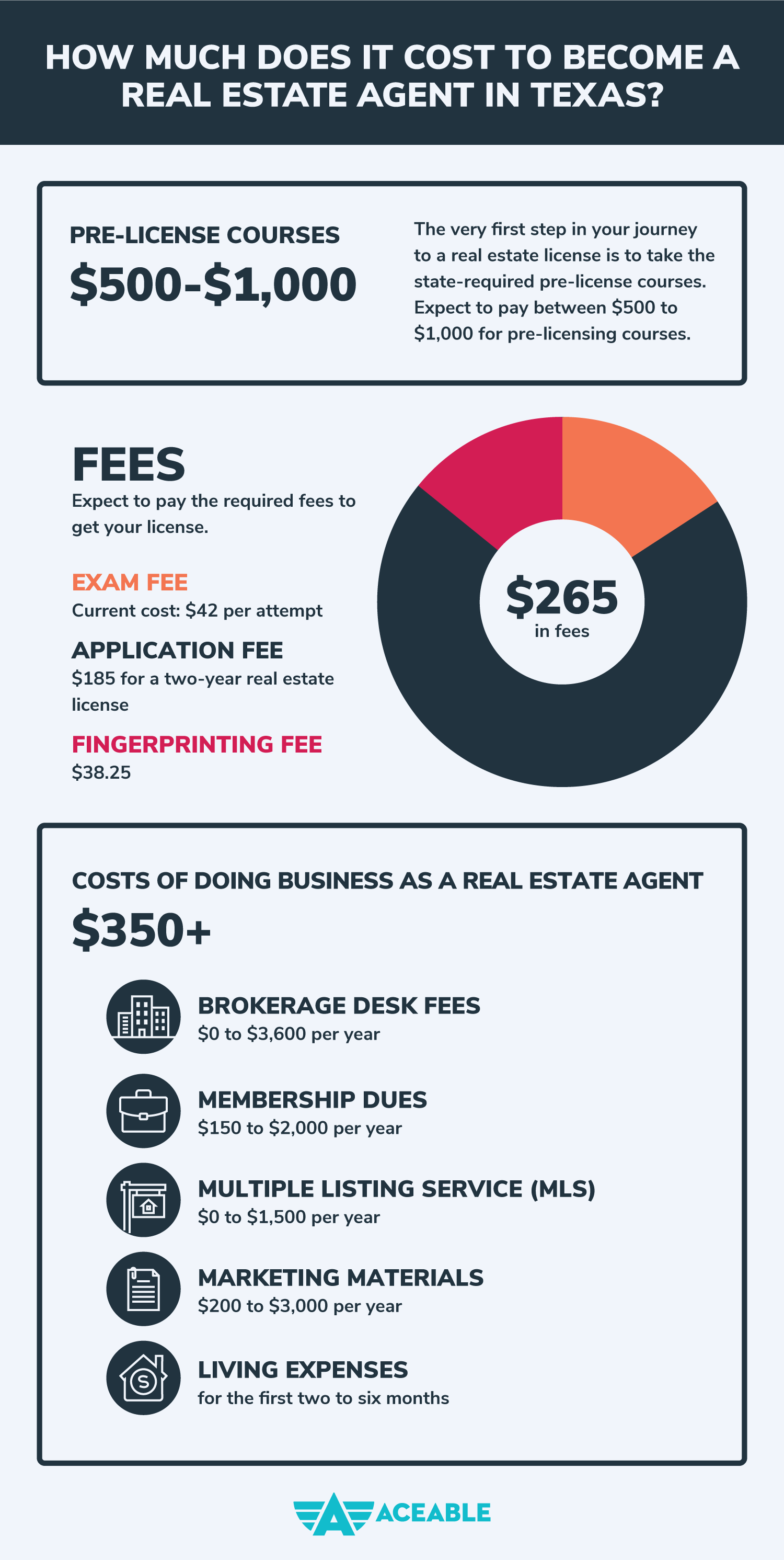
What's the difference between a Real estate agent and a real estate broker? There are many differences between the two, so let's look at some of them. Working with an agent and broker is a good idea, regardless of whether you are looking for a home to buy or to sell. Both are beneficial, so your choice. Read our comparison article on broker vs agent to learn more.
Real estate agent
While there are some differences among brokers and agents they are equally important to a successful home purchase experience. While brokers deal with the legalities, buyers agents search for properties and negotiate offers. Brokers help in paperwork and hold escrow. A buyer's agent has the job of finding the perfect house for buyers and helping them navigate the process. In certain jurisdictions, agents may be called brokers.

Realtors are licensed real estate professionals, while agents are licensed salespeople. Both types are required by law to have real estate licenses. They must adhere to a strict code of ethics. Real estate agents must also be members of NAR (National Association of Realtors) and adhere to their code of ethics. A broker must be licensed as a real estate agent. The two roles are therefore very different.
Buyer's agent
Your individual situation should guide your decision about whether to use a buyer's broker or agent. The former is legally required to represent the buyer's best interests. The buyer's representative, however, is required to represent the buyer's best interests. Because buyer's agents have the benefit of an outsider's perspective, they are often better suited to assist buyers. But buyers should make sure that they understand the benefits and drawbacks of working with a buyer's agent.
A buyer's agent can provide a variety of services, including market analysis, evaluating comparable sales, and determining the offer value based on the features of the property. They may also be able to assist with other terms and conditions, such as preparing a coop board package. The buyer's agent can also help you navigate the potential speed bumps that could cause a deal to be canceled. You can avoid costly errors by having an agent help you navigate the speed bumps.
Broker of insurance
It is important to choose between an insurance agent or broker when buying insurance. The state licenses insurance agents. They are often tied to a small number of insurance companies. Brokers can help you compare and shop around, which will save you time and money. Here are a few reasons why you should choose an insurance broker.

The most prominent difference between an insurance agent and an insurance broker is their representation. An agent representing an insurer is different from a broker representing an insurance buyer. A broker can represent either an independent or captive company. A broker can represent multiple insurance companies and has a wider network of contacts. However, insurance agents can represent one particular insurer, while a broker represents many. The difference is significant.
FAQ
How much does it cost to replace windows?
Replacement windows can cost anywhere from $1,500 to $3,000. The total cost of replacing all your windows is dependent on the type, size, and brand of windows that you choose.
Can I get a second mortgage?
Yes. However, it's best to speak with a professional before you decide whether to apply for one. A second mortgage is usually used to consolidate existing debts and to finance home improvements.
What are the advantages of a fixed rate mortgage?
Fixed-rate mortgages lock you in to the same interest rate for the entire term of your loan. This guarantees that your interest rate will not rise. Fixed-rate loans offer lower payments due to the fact that they're locked for a fixed term.
How can you tell if your house is worth selling?
It could be that your home has been priced incorrectly if you ask for a low asking price. If your asking price is significantly below the market value, there might not be enough interest. Our free Home Value Report will provide you with information about current market conditions.
What are the disadvantages of a fixed-rate mortgage?
Fixed-rate loans are more expensive than adjustable-rate mortgages because they have higher initial costs. Additionally, if you decide not to sell your home by the end of the term you could lose a substantial amount due to the difference between your sale price and the outstanding balance.
Can I purchase a house with no down payment?
Yes! There are many programs that can help people who don’t have a lot of money to purchase a property. These programs include FHA, VA loans or USDA loans as well conventional mortgages. For more information, visit our website.
Statistics
- The FHA sets its desirable debt-to-income ratio at 43%. (fortunebuilders.com)
- When it came to buying a home in 2015, experts predicted that mortgage rates would surpass five percent, yet interest rates remained below four percent. (fortunebuilders.com)
- It's possible to get approved for an FHA loan with a credit score as low as 580 and a down payment of 3.5% or a credit score as low as 500 and a 10% down payment.5 Specialty mortgage loans are loans that don't fit into the conventional or FHA loan categories. (investopedia.com)
- This means that all of your housing-related expenses each month do not exceed 43% of your monthly income. (fortunebuilders.com)
- 10 years ago, homeownership was nearly 70%. (fortunebuilders.com)
External Links
How To
How to become a broker of real estate
To become a real estate agent, the first step is to take an introductory class. Here you will learn everything about the industry.
Next you must pass a qualifying exam to test your knowledge. This involves studying for at least 2 hours per day over a period of 3 months.
After passing the exam, you can take the final one. To become a realty agent, you must score at minimum 80%.
If you pass all these exams, then you are now qualified to start working as a real estate agent!